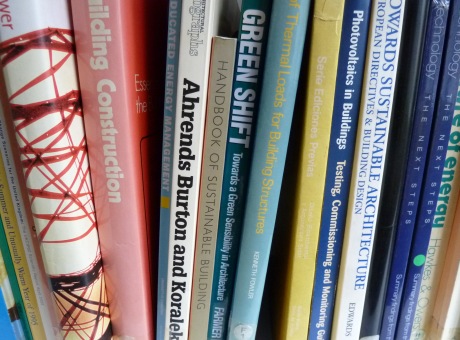Modelling sustainable urban travel in a whole systems energy model

1 January 2015
Many proposed low carbon transitions of the transport system have focused on decarbonisation in terms of technological transformation; however, significant opportunities exist for behavioural or demand side orientated measures to play an important role. This paper explores how one such option, mode shift, can contribute to low-carbon energy systems. For the first time, endogenous mode choice is integrated into a whole energy systems model, ESME, by representing mode speed, travel time budgets, infrastructure costs, and maximum rates of modal shift. Results indicate that the cost-optimal model solution favours sustainable transport modes, although this is strongly contingent on financial disincentives for car travel and measures to make slower modes more attractive. This approach is relevant in many different country contexts, as the need to assess options for lower carbon, more sustainable urban transport systems increases.
Modelling sustainable urban travel in a whole systems energy model. Applied Energy, 159 97-107.
Pye, S., Daly, H. (2015)
The full text of this article is not available through UCL Discovery.
 Close
Close

